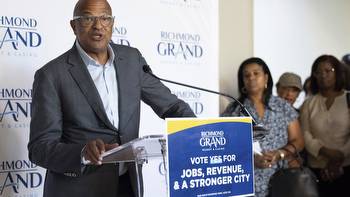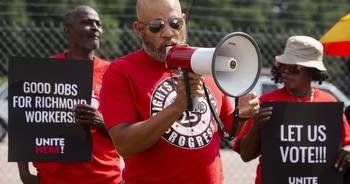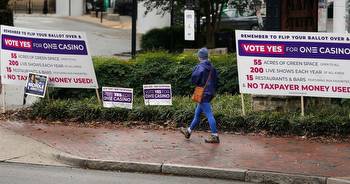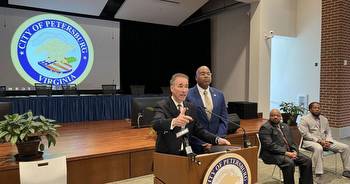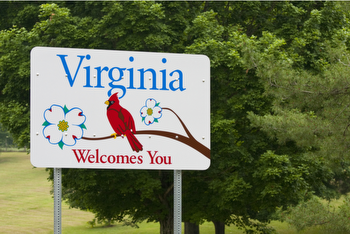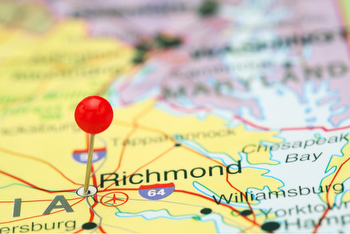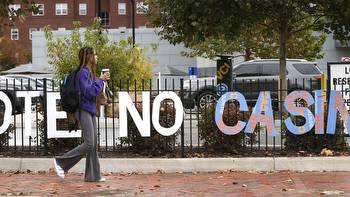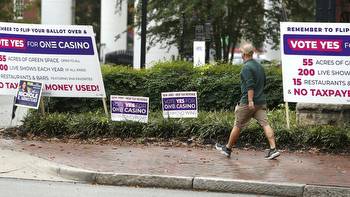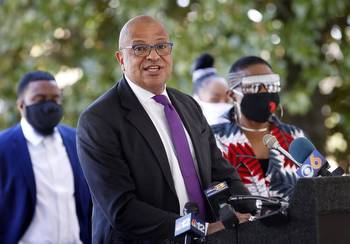Petersburg’s casino plan clears hurdle in Virginia House

RICHMOND, Va. (WRIC) — A bill allowing Petersburg to host a casino resort — and denying Richmond’s second bid for one — advanced in the Virginia House of Delegates, days after the proposal gained support in the state Senate.
The proposal from Del. Kim Taylor (R-Dinwiddie), similar to one from state Sen. Joe Morrissey (D-Richmond), would add Petersburg to the list of five cities in Virginia eligible to hold a ballot referendum on a casino.
If passed and signed into law, the legislation would let Petersburg voters decide whether to approve the $1.4 billion casino project from The Cordish Companies that the city has signed off on.
Del. Taylor, Petersburg officials and The Cordish Companies’ Chief Operating Officer Zed Smith said the proposed project would drive economic development and help address the city’s economic needs with the tax revenue it would generate.
According to the plan presented by Petersburg, the ‘Live! Casino & Hotel Virginia’ project would be built in multiple phases and include a casino, hotel, resort pool and center for events such as live music.
Richmond’s first effort to bring a casino to the city’s Southside failed in 2021 by just under 1,500 votes. Leonard Sledge, Richmond’s director of economic development, spoke in opposition to Taylor’s bill during Tuesday’s House General Laws subcommittee meeting.
With the casino gambling bill passed by the Virginia General Assembly clearing the way for only five cities to host projects, Richmond’s second chance for a casino would be blocked if Petersburg residents vote to approve a referendum.
Del. Schuyler T. VanValkenburg (D-Henrico), who raised concerns over Virginia’s embrace of gambling, proposed a substitute to cut the number of eligible cities down to four, but the subcommittee rejected the effort.
When it came time to vote Tuesday, the Republican-controlled panel voted 5-2 to advance Taylor’s bill. It now heads to the House’s Appropriations Committee.











